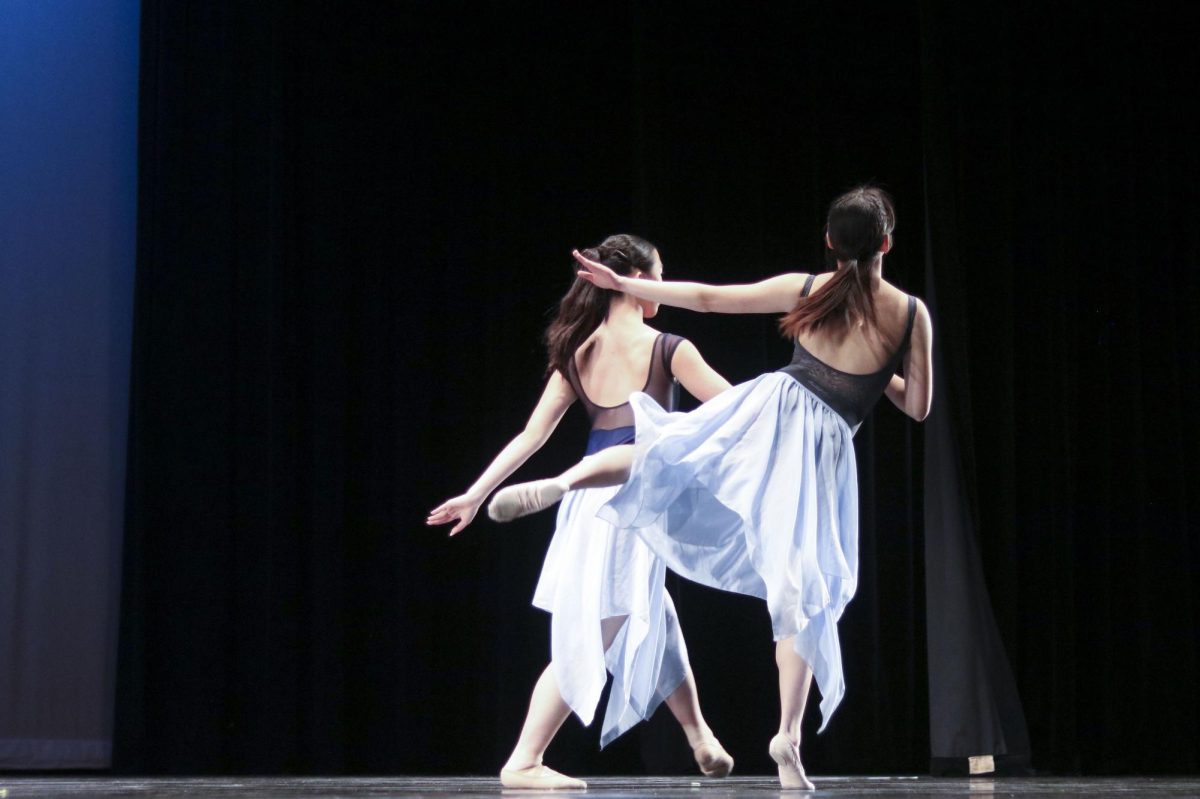Ever since Netflix announced the release of the new season of Orange is the New Black this June, I have been gathering blankets and snacks for what is likely to be a solid week of me hiding in my room with Netflix.
Orange is the New Black (OITNB) is unique in its progressive and inclusive portrayal of LGBT experiences. From its representation of Piper as a girl who don’t need no rigid orientation label, to its criticism of her husband for trying to force her into one, to the in-depth view of the struggles of a transgender woman in prison, OITNB brings topics that are typically hidden away into the mainstream.
Enter Laverne Cox.
Cox portrays Sophia Burset, a transgender woman in prison for credit fraud. Cox herself is a transgender woman. She gained recognition in the television industry with her work on the VH1 shows “I Want To Work For Diddy” and “TRANSform me.” She has since become a vocal feminist, LGBT activist and an especially influential trans* rights activist.
Cox’s character does more than add to the diversity we love so much in OITNB. She sheds light on trans* issues that plague the prison system. Burset finds herself unable to receive her hormone supplements from the prison’s health care system. The prison system in the show, following in the vein of many prisons in this country, consider hormone supplements to be an “optional” drug that trans* people choose to take for cosmetic reasons, and therefore believe they are not obligated to provide them. However, hormone supplements are an actual health need for many trans* people, both for physical and mental health reasons.
In light of Chelsea Manning’s situation taking the national spotlight, Cox brings to the show a much needed conversation about trans* rights. Manning, an ex-soldier and trans woman, was convicted of espionage in 2013, resulting in a dishonorable discharge and a 25-year sentence in a military prison. The military prison does not provide the hormone treatments that Manning wants to start. According to a New York Times article by Helene Cooper, the Pentagon is currently considering moving Manning to a civilian prison where these medical resources would be available. OITNB constantly exposes horrifying problems in the prison system that need reform, and the inclusion of incarcerated trans* rights is a step in the right direction.
Cox has done so much for the trans* community already, but she’s not planning on stopping anytime soon. She is producing “Free CeCe,” a documentary about an African American transgender woman who was incarcerated for defending herself against a racist and transphobic hate crime. She is producing “Trans Teen: A Documentary,” a television documentary in partnership with MTV that will look into the lives of four trans* young adults. And of course, she is continuing her role in the beloved “Orange Is The New Black.”
Unfortunately, the mainstream media is not always accepting of the trans* community. In April, Cox held the top spot in the Time 100 Reader Poll, pushing names like Justin Bieber and Katy Perry out of the way. But when Time published its final, editor-decided 100 Most Influential People list, Cox’s name was conspicuously missing. When names like Carrie Underwood and John Green make the list and Cox doesn’t, it’s clear that Time does not consider a person who is influential in the trans* community to deserve a spot. The mainstream definition of “people” seems to exclude the trans* community.
We desperately need characters like Sophia Burset and influential women like Cox. Currently, only 17 states and Washington, D.C. have laws offering protection to trans* people in employment practices. The unemployment rate for trans* people is double the national average, and trans* people are far more likely to be under the poverty line. Even worse, the 2011 National Coalition of Anti-Violence Programs’ Hate Crime report showed that 45 percent of hate murders are committed against trans women, while 87 percent of anti-LGBT murders victims were people of color. Hate crimes stem from ignorance and blind fear of what we don’t know. We need characters like Burset to make the worlds we watch in TV shows mirror the diversity of the world we live in.
Actress Laverne Cox advocates for trans* rights
May 28, 2014
Story continues below advertisement
0
More to Discover







